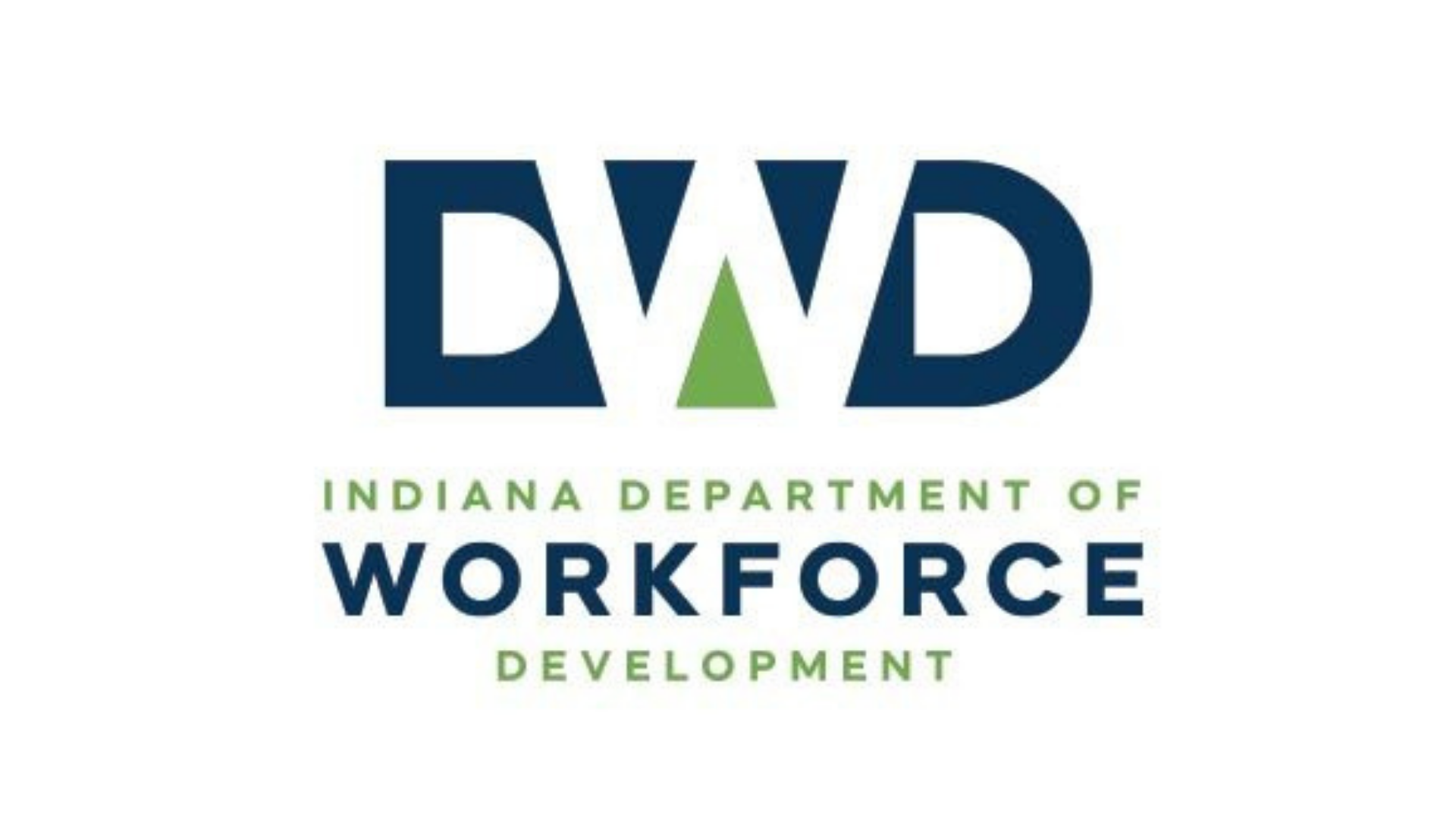Indiana’s child abuse rate is far above the national average and the Hoosier state is one of the worst states in the country when it comes to child abuse.
Fifty Hoosier children died due to abuse or neglect in 2020, according to the Indiana Department of Child Services which found that over half of the victims were age 3 or younger.
The IDCS found that 13 of the 50 children had previously been identified as victims of abuse or neglect. Death by weapon – including a closed fist – was the most common cause of death and 59 of the alleged perpetrators, over 80%, were biological parents.
The two urge everyone to educate themselves about the signs of abuse and to remember that Indiana requires any suspicion of abuse or neglect to be reported for investigation.
Increasing protective factors is one important way to prevent child abuse and neglect. Protective factors are conditions in families and communities that increase the health and well-being of families.
According to Prevent Child Abuse, protective factors serve as buffers, helping parents develop coping strategies or find resources that assist them in parenting effectively under all circumstances. The protective factors are:
–Parental resilience: This allows parents to handle the stresses of everyday life and bounce back when things aren’t going well. Health or relationship problems and financial difficulties are some things that negatively affect parental resilience.
–Social and emotional competence of children: Children who are nurtured and who develop positive relationships with caring adults have the best chance for healthy development, including the ability to handle stress.
–Parental knowledge of child development and parenting skills: Extensive research links healthy child development to effective parenting. Children who receive affection, along with respectful communication and listening, consistent rules and expectations and opportunities to develop independence, thrive.
–Concrete support for parents: Families who can meet their own basic needs for food, clothing, shelter, and transportation, and who can access essential services for their family’s needs are best able to ensure their child’s health and safety.
–Social connections: Parents with a social network of friends, families, and neighbors who provide emotional support are better able to provide the best care for their children.
State law requires any adult who suspects a child is being abused or neglected to report those concerns. If you suspect abuse or neglect, call Indiana’s Child Abuse and Neglect Hotline, 1-800-5556. It is available 24 hours a day, seven days a week, 365 days a year. You may remain anonymous.




